Reusable Period Pads: A Sustainable Approach to Menstrual Hygiene Management
Menstruation, a natural biological process, is often stigmatized and misunderstood, especially in rural areas. This lack of understanding and the associated social, cultural, and religious restrictions pose significant barriers to menstrual hygiene management. One of the key challenges is the lack of access to sanitary products, which are often too expensive or simply unavailable. As a result, many women resort to using reusable cloth pads, which, if not properly washed and dried, can lead to reproductive tract infections123.
The Power of Reusable Cloth Pads
Reusable cloth pads are a cost-effective, easily available, and eco-friendly alternative to commercial sanitary pads. They are often preferred in rural areas where access to commercial sanitary products is limited. However, these pads need to be hygienically washed and dried in sunlight, which acts as a natural sterilizer. Proper storage in a clean, dry place is also crucial to avoid contamination4.
The Downside of Commercial Sanitary Pads
Commercial sanitary pads, while easily available in urban areas, are not as eco-friendly as their reusable counterparts. The cotton used in these pads is often not 100% natural and may contain pesticides. Furthermore, these pads are non-reusable and contribute to environmental pollution4.
The Future of Menstrual Hygiene Products
In recent years, there has been a shift towards more sustainable and natural menstrual hygiene products. These include bamboo fibre pads, which have a higher absorbing capacity and are safer to use. They are affordable, easily decomposable, and possess antibacterial properties, providing an infection and irritation-free menstruation4.
Another innovative product is the menstrual cup, a medical-grade silicone cup inserted into the vagina to collect menstrual blood. These cups are reusable, environment-friendly, and offer a practical, cost-effective alternative, especially in areas with poor sanitation conditions4.
Conclusion
The journey towards achieving better menstrual hygiene management is a long one, fraught with cultural and societal challenges. However, the advent of sustainable menstrual hygiene products like reusable cloth pads, bamboo fibre pads, and menstrual cups offers a ray of hope. By educating both men and women about menstruation, we can overcome false beliefs and taboos, paving the way for healthier, more sustainable menstrual hygiene practices5678.
References:


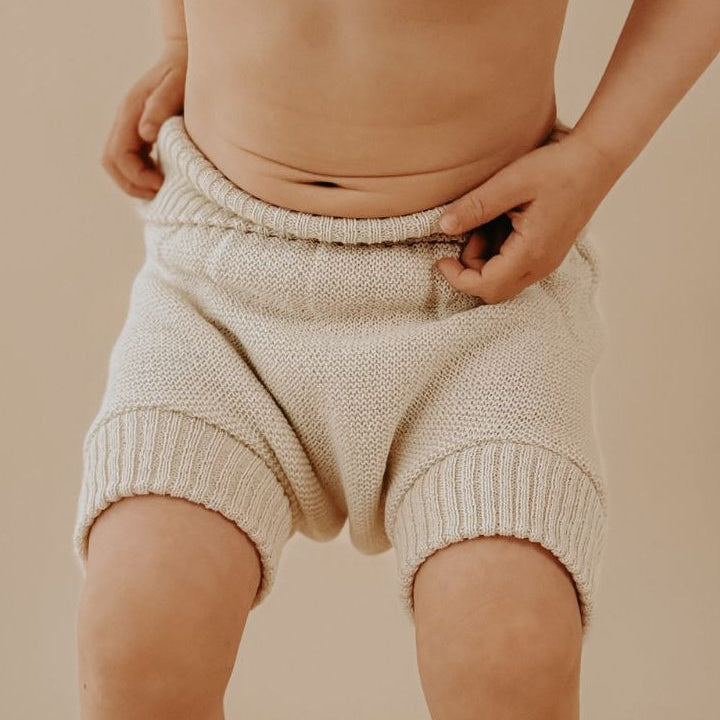
![Swim Nappy Bundle [Ship Oct 5 - 10] - Mimi & Co](http://mimiandco.com.au/cdn/shop/files/swim-nappy-bundle-ship-oct-5-10-5796576.jpg?v=1768287075)

![Toilet Training Undies Pants [Jan Preorder] - Mimi & Co](http://mimiandco.com.au/cdn/shop/files/toilet-training-undies-pants-jan-preorder-6316642.jpg?v=1766216229&width=1200)
![Reusable Bamboo Mimi™ Wipes [5 Pack] - Mimi & Co](http://mimiandco.com.au/cdn/shop/files/reusable-bamboo-mimi-wipes-5-pack-7600782.jpg?v=1761445103)


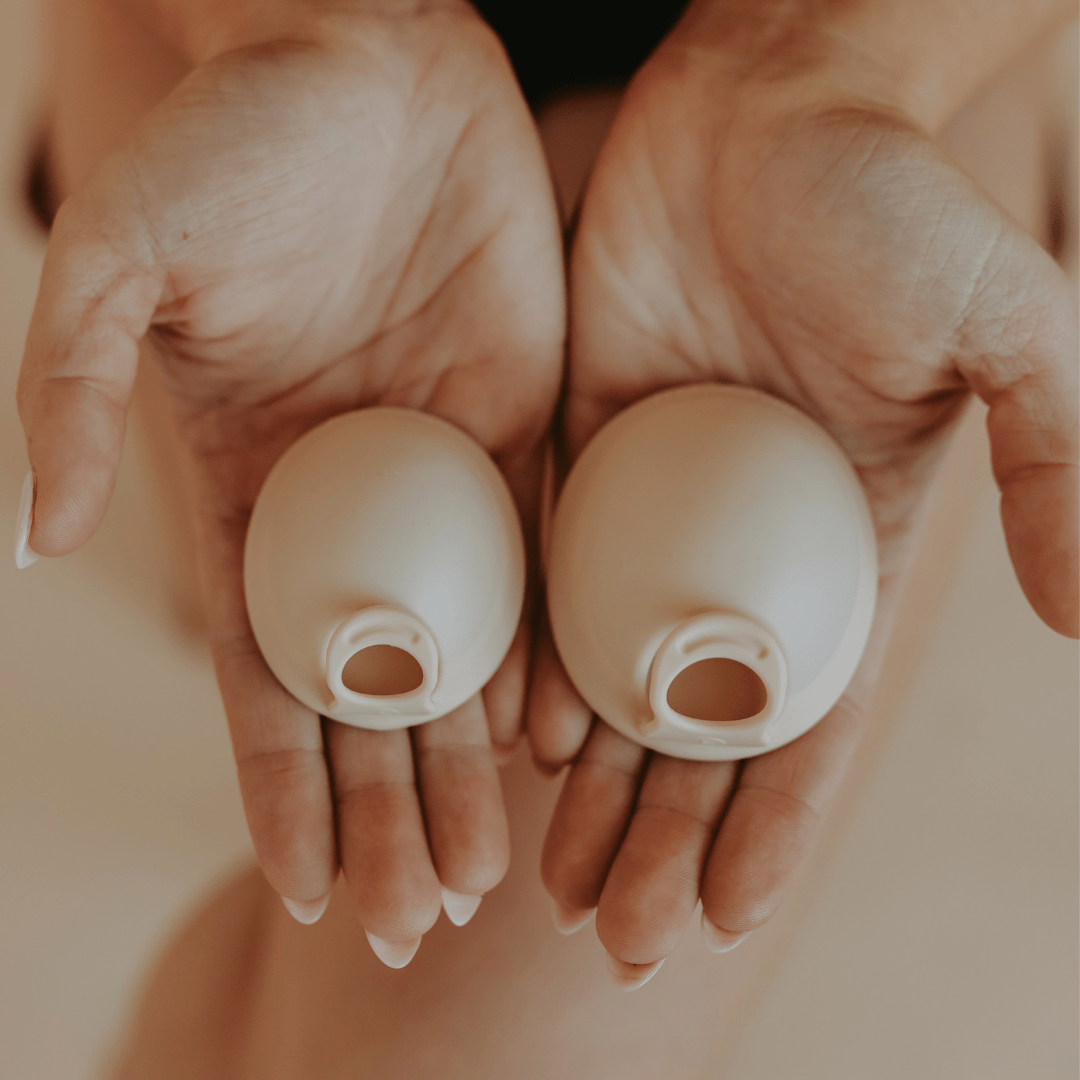
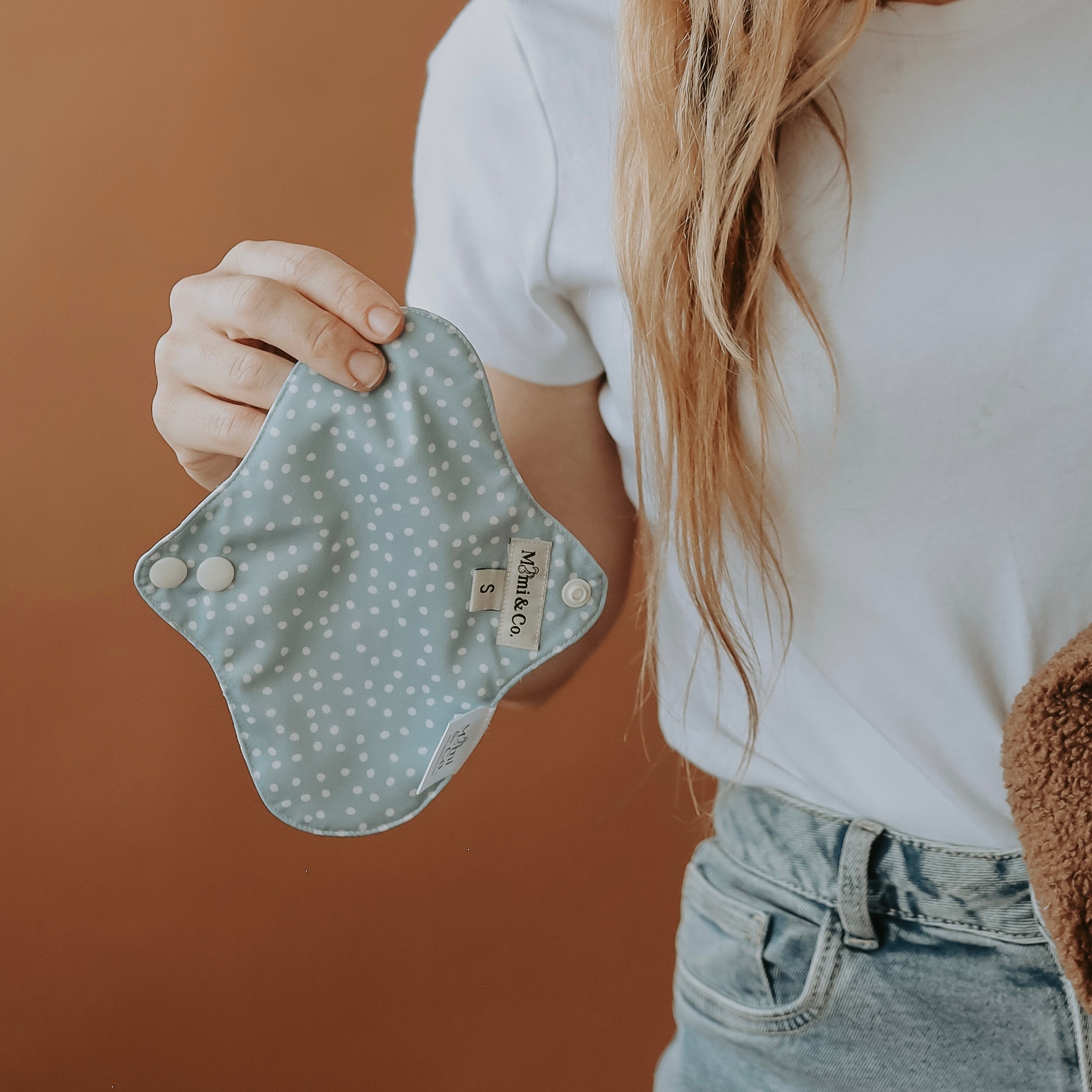
![Reusable Mimi® Menstrual Underwear [Shipping 31/9] - Mimi & Co](http://mimiandco.com.au/cdn/shop/files/reusable-mimi-menstrual-underwear-shipping-319-6508918.png?v=1759809525)
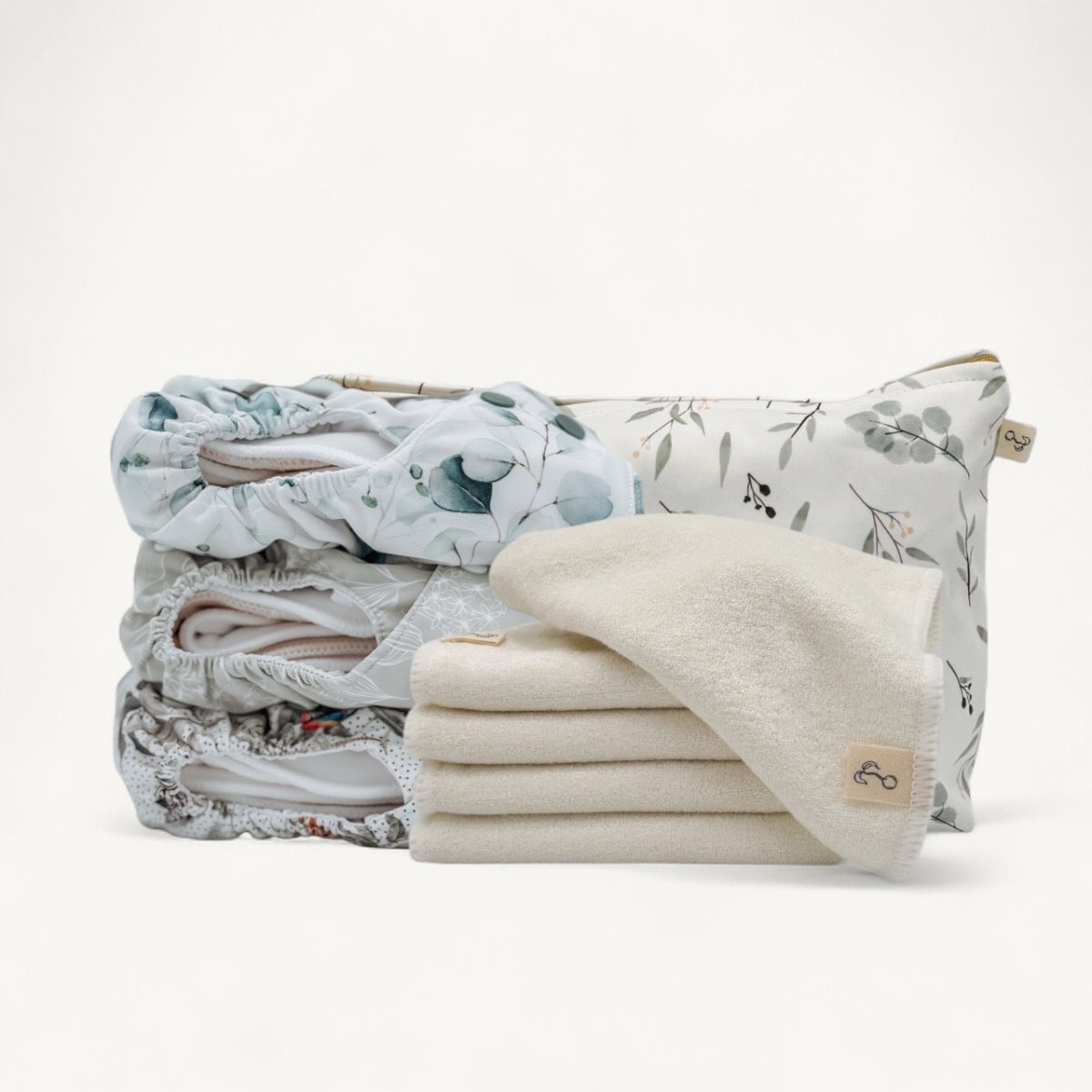




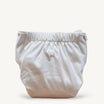
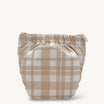
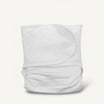
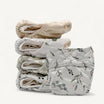
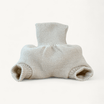
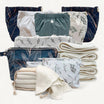
![Toilet Training Undies Pants [Jan Preorder] - Mimi & Co](http://mimiandco.com.au/cdn/shop/files/toilet-training-undies-pants-jan-preorder-6316642.jpg?v=1766216229&width=104)


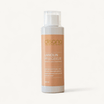
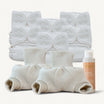
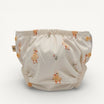
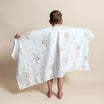
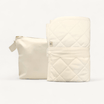
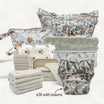
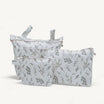
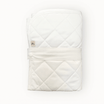
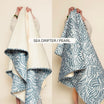
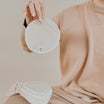
![Reusable Bamboo Wipes [5 Pack] - Mimi & Co](http://mimiandco.com.au/cdn/shop/files/reusable-bamboo-wipes-5-pack-580411.webp?v=1764820089&width=104)
![Organic Cotton Wipes [5 Pack] - Mimi & Co](http://mimiandco.com.au/cdn/shop/files/organic-cotton-wipes-5-pack-7079645.png?v=1759809401&width=104)
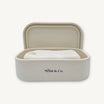
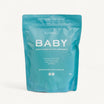
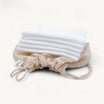
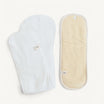
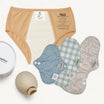
![Reusable Mimi® Menstrual Underwear [Shipping 31/9] - Mimi & Co](http://mimiandco.com.au/cdn/shop/files/reusable-mimi-menstrual-underwear-shipping-319-6508918.png?v=1759809525&width=104)
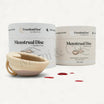
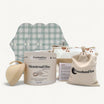


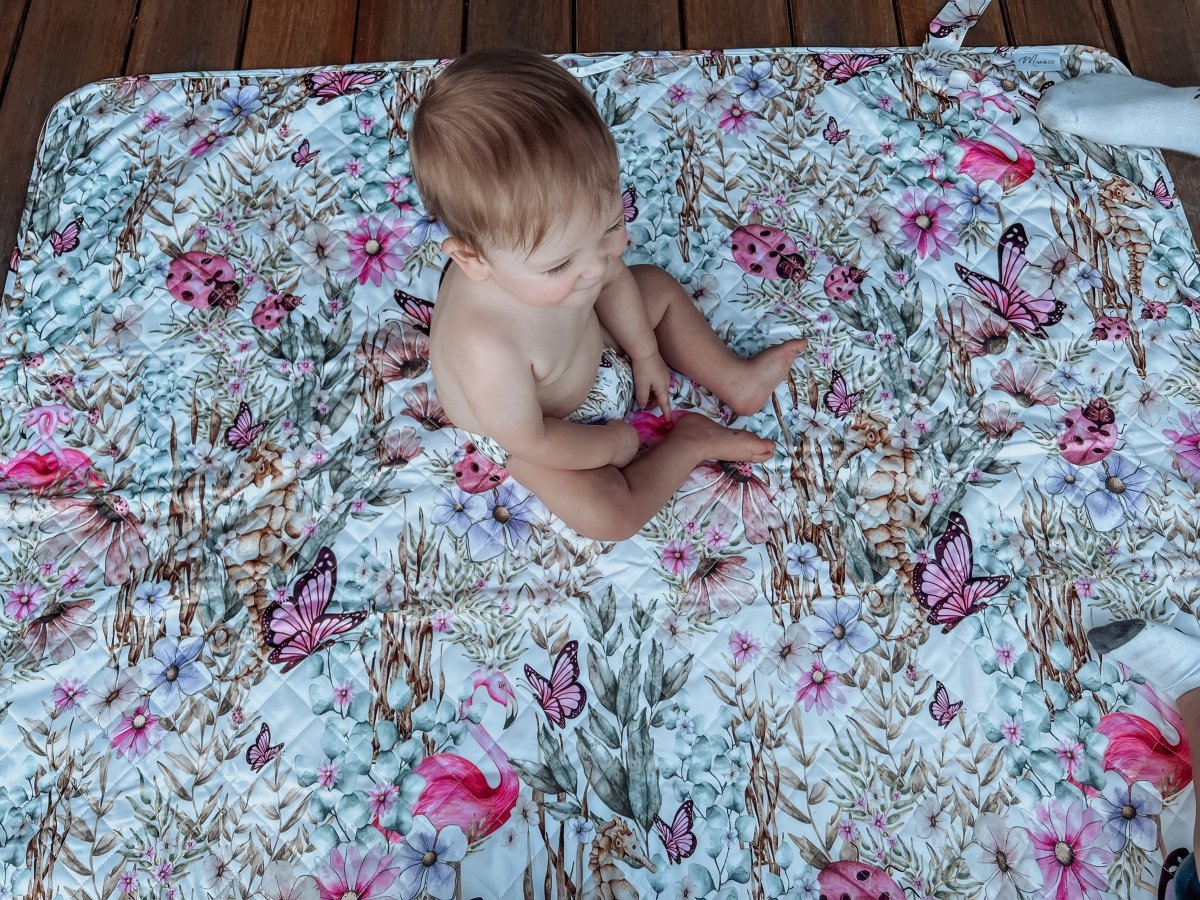




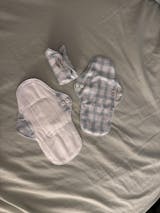
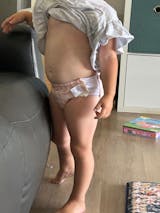
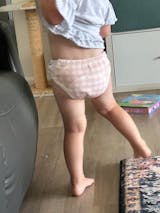
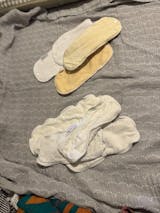



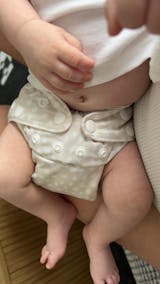
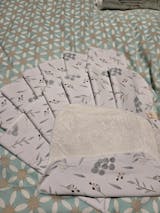
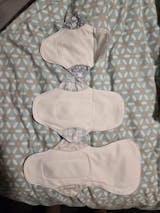
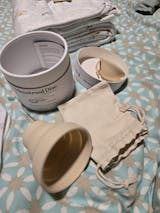

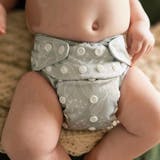
Leave a comment
All comments are moderated before being published.
This site is protected by hCaptcha and the hCaptcha Privacy Policy and Terms of Service apply.